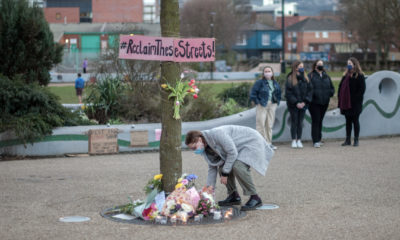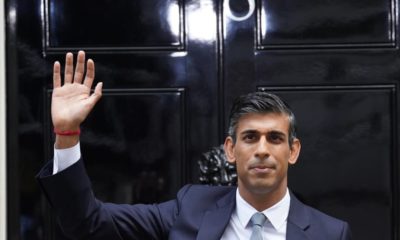History
Beyond Tragedy: Mikey Powell’s Legacy in the Ongoing Fight for Police Accountability
Connecting the Past to the Present: The Urgent Need for Reform
In the stillness of a Birmingham night on 7 September 2003, the world was introduced to a name that would forever leave an indelible mark—Michael ‘Mikey’ Powell. His tragic death while in police custody not only shattered his family but also ignited a nationwide conversation about the urgent necessity of police accountability.
Mikey Powell’s case is not a solitary tragedy but part of a broader pattern of racial injustice that continues to plague our society. He died from asphyxiation after being arrested in Birmingham, led to ten officers facing criminal charges.
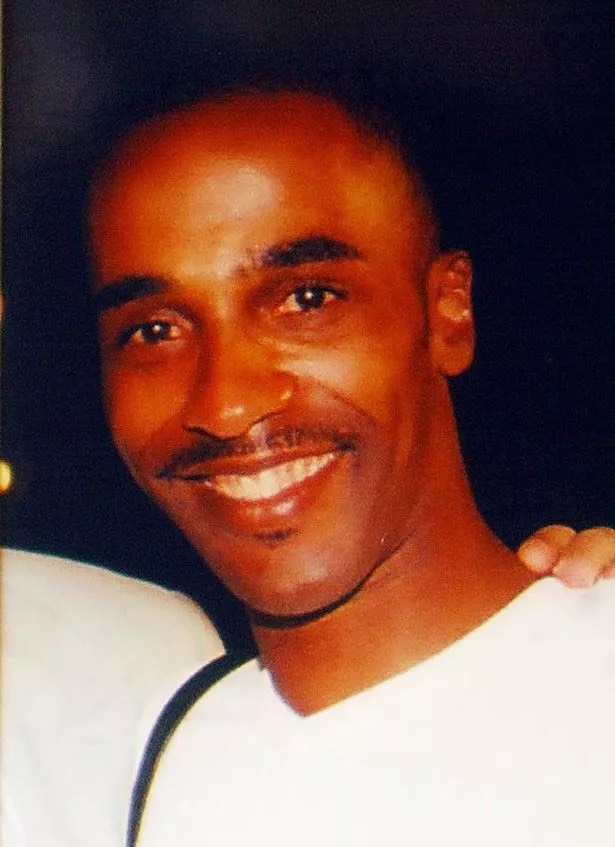
Mikey Powell. Image: Family Handout
In 2006, the verdict was delivered—each of those officers was acquitted of wrongdoing. This left many questioning the effectiveness of our justice system, but it did not extinguish Mikey’s family’s pursuit of justice.
The tragic incident was further examined during a 2009 jury inquest. The reports detailed how this father of three, who also happened to be the cousin of renowned poet Benjamin Zephaniah, became entangled in a distressing sequence of events.
It was revealed that while responding to a disturbance call at his residence, a police vehicle collided with him. What followed was equally troubling; he was allegedly struck with a baton and subsequently restrained by officers. Later, he was arrested and transported to Thornhill Road police station, where, sadly, he stopped breathing.
The inquest ultimately concluded that his untimely passing was due to suffocation while being transported in a police van operated by the West Midlands police force.
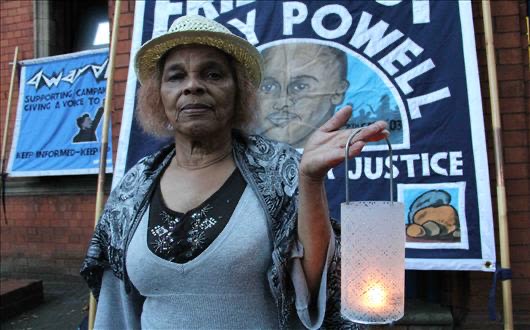
Clarissa Powell pictured campainging for justice and remembering the legacy of her son Mikey Powell. Image: Friends of Mikey Powell
The anguish deepened as West Midlands Police officially closed the case in 2016, leaving Mikey’s family and countless advocates for justice in a state of dismay. However, Mikey’s legacy endures, serving as a focal point in the ongoing fight for police accountability and racial equality. His story transcends the boundaries of time, reminding us of the urgent need for transparency, accountability, and systemic change within our police forces.
Speaking to BBC Radio West Midlands, his cousin Truchio ‘Tru’ Powell, founder of the Black Business Magazine, said:
“It was one of the most difficult days we’ve had to go through as a family.”
“There are so many emotions that we are going through. One minute we feel upset, the next minute we feel angry, the next minute we feel confused then frustrated.”
He continued: “When I see Chris Kaba’s cousin organising a peaceful protest in London and being confused, wanting answers and no police officers being held accountable for his death, it makes me remember what we went through.
“Twenty years on we have another black family that is dealing with the same trauma, the same grief, the same confusion – it’s just really bad.”
Image: LinkedIn
In an era where racial disparities within policing persist, where names like Stephen Lawrence and Sarah Everard resonate in our collective memory, the launch of the Alliance for Police Accountability (APA), an initiative backed by charity organisation Action for Race Equality, represents a significant step toward addressing systemic problems. This alliance brings together anti-racism activists, women’s groups, civil rights advocates, and disability rights organisations, all with a common goal—to usher in a new era of policing marked by fairness, accountability, and a commitment to justice for all communities.
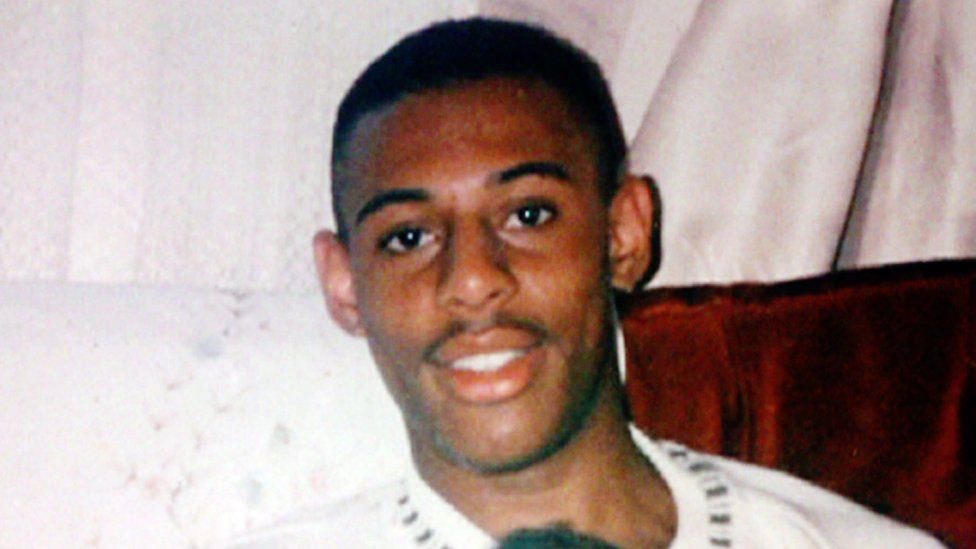
Stephen Lawrence. Image: Family Handout

Sarah Everard. Image: Met Police
Dr. Wanda Wyporska, Chief Executive of Black Equity Organisation, underscores the urgency of this initiative:
“The need for the APA has never been greater. Communities are being let down by police forces that allow racist, homophobic, and misogynistic officers to wield extraordinary power with impunity.”

Dr. Wanda Wyporska. Image: Black Equity Organisation
Chair of the National Black Police Association Andrew George adds:
“The National Black Police Association is excited to join the Alliance of Police Accountability in empowering communities across England and Wales to design a new and innovative framework for systemic change and structural reform of policing. Policing has failed to reform on many occasions, and this initiative will help the community to map out what they believe will create a police service we can all be proud of.”

Andrew George of the National Black Police Association. Image: LinkedIn
Mandu Reid, Leader of the Women’s Equality Party, states firmly:
“I am incredibly proud and honoured to be part of the launch of the Alliance of Police Accountability today. Although the government and police leaders shamefully continue to deny the institutional nature of racism in policing, we will not be deterred from making the case for radical change. Together, I know we can create the momentum needed to overhaul policing and decide what its future should be.”

Leader of the Women’s Equality Party, Mandu Reid. Image: Twitter
Lord Simon Woolley, co-founder of Operation Black Vote, warmly welcomes the launch of the APA, stating:
“I warmly welcome the launch of the APA, a critical step in addressing the devastating impact of the Casey report. By holding the police accountable and fostering collaboration, we can work towards reshaping law enforcement for fairness, justice, and trust in our communities.”
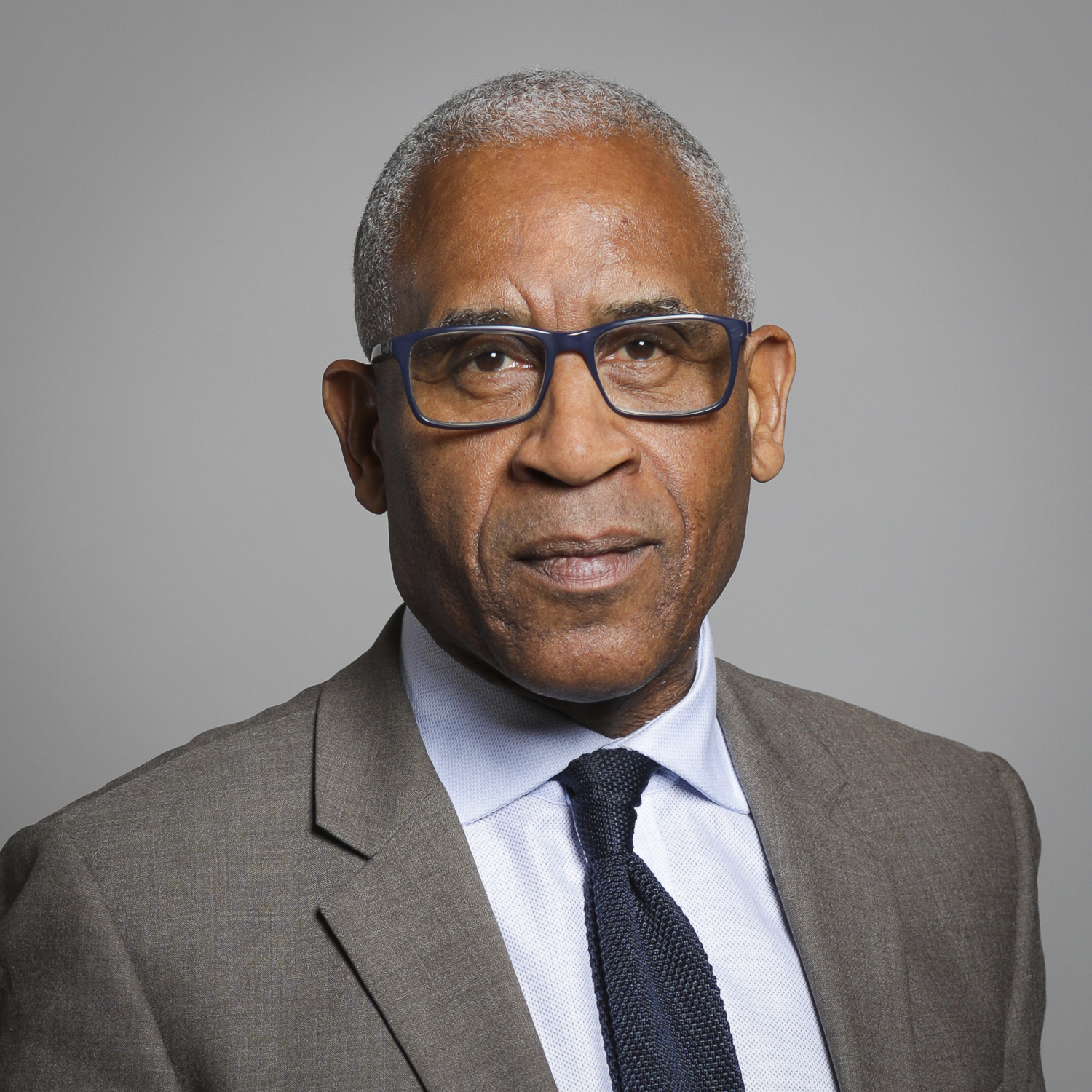
Lord Simon Woolley. Image: UK Parliament
Former Met Police Superintendent and founding member of the Black Police Association Leroy Logan remarks:
“The cornerstone of police legitimacy is public trust that’s not just about high professional standards and integrity expected of officers, but it also needs the ethical leadership from the top to stop the disproportionalities in their powers over decades. The APA has emerged from these communities to help reverse the disproportionalities they have been subject to, by holding the police more accountable with the aid of the Baroness Casey review and other strategic tools!”
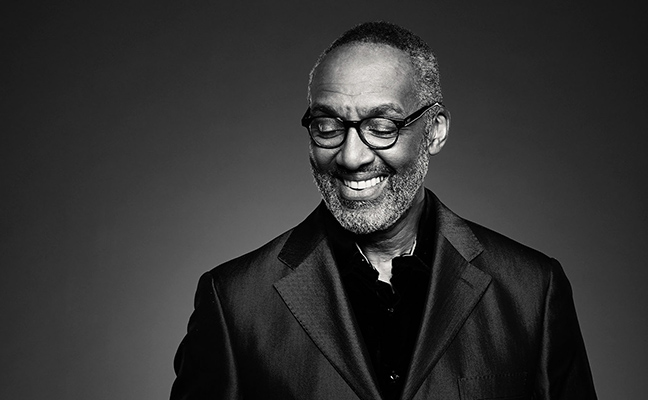
Former Met Police Superintendent, Leroy Logan. Image: Leroy Logan
Jeremy Crook OBE, Chief Executive of Action for Race Equality (ARE), concludes:
“The Casey Review is unequivocal – the Met Police is institutionally racist, sexist, misogynist and homophobic. It doesn’t get any worse than this, and it’s time for a new Black-led, inclusive approach.”
He continued: “ARE has been campaigning for police reform for many years. Regrettably, the tragic murder of George Floyd and the global protests that followed did not result in better police and Black community relations based on respect, dignity, and equity. Black communities demand institutional change in the police, which remains unmet.”

Jeremy Crook OBE, Image: Action for Race Equality
Their voices echo Mikey’s story as a symbol of the ongoing struggle for justice and equality, even in the face of adversity.
Recent criticisms of the police complaints process in the UK have highlighted significant concerns regarding its efficiency and transparency. Notably, The Baroness Louise Casey review of the Metropolitan Police revealed that it takes an average of 400 days to decide on misconduct allegations, causing frustration over the slow pace of justice.
Additionally, a mere 0.7% of officers facing repeated misconduct allegations were dismissed since 2013, raising questions about accountability. Most complaints are investigated by the police forces themselves, leading to worries that senior officers could override misconduct investigators, undermining transparency.
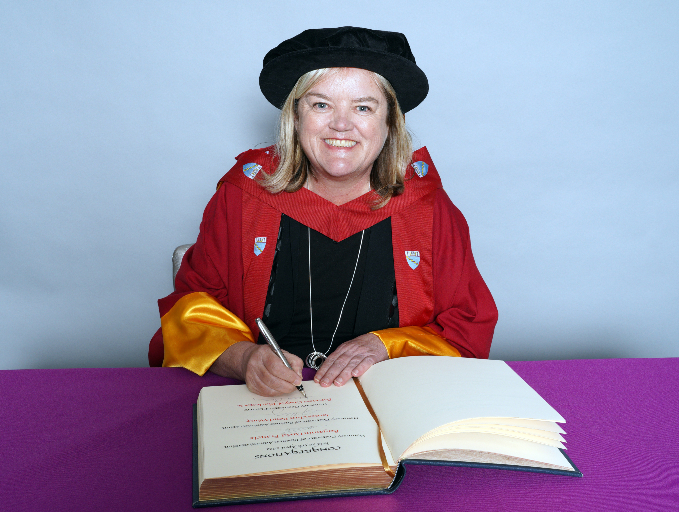
Louise Casey, Baroness Casey of Blackstock. Image: Aston University
While the introduction of ‘legally qualified persons’ overseeing misconduct hearings has curtailed forces’ control over outcomes and coincided with fewer dismissals, there are debates about whether senior officers should decide these matters.
Critics argue that the threshold for gross misconduct is too high, nearly equating it with criminal behaviour. Concerns extend to the broader systems of accountability, exemplified by the controversial resignation of the former Met commissioner, Cressida Dick, highlighting the complexities of the relationship between police chiefs and political leaders.

Former Met Police Commissioner, Cressida Dick. Image: LinkedIn
Proposals for reform include efforts to strengthen Police and Crime Commissioners’ (PCCs) accountability, such as requiring them to report on force performance against recommendations and clarifying dismissal processes.
The new Met commissioner, Mark Rowley, aims to streamline the dismissal of poorly performing officers, while parliamentary inquiries stress the need to expedite complaints investigations and conduct regular reviews of force progress against recommendations from the Independent Office for Police Conduct (IOPC).

Met commissioner, Mark Rowley. Image: LinkedIn
The agony and torment of Mikey’s family reverberates across the years. It is a pain shared by far too many families who have lost loved ones under similar circumstances. We must listen to their voices and acknowledge the need for justice to prevent future tragedies.
As our community grapples with the pressing issues of racial injustice and police reform, Mikey Powell’s legacy remains a stark reminder of the work that remains to be done. It underscores the vital importance of sustained efforts to bring about meaningful change within our justice system and police forces.
In a society where racial disparities in policing persist, notable incidents like the deeply disturbing breach of trust and ethical standards involving Mina Smallman and her family, the callous murder of Jermaine Baker, and the tragic case of Oladeji Omishore underscore the pressing demand for change. In this context, the mission of the APA to empower communities and reform policing is now more crucial than ever.

The Venerable Wilhemina Smallman. Image: Twitter

Jermaine Baker. Image: Family Handout

Oladije Omishore. Image: Social Media
The legacy of Mikey Powell serves as a poignant reminder of the long road ahead, but it also offers hope that change is possible. His memory is not just a symbol of tragedy but a symbol of triumph.
Related Posts:
- UCU strikes go beyond demanding money
- TFL TRAGEDY: Financial crisis may result in closing the…
- Judge sets a date for Tyson Fury vs Deontay Wilder trilogy…
- Hundreds of women accuse police officers of domestic abuse
- Metropolitan police officers charged for sharing images of…
- Police track Southwark sex attacker using rented bike





